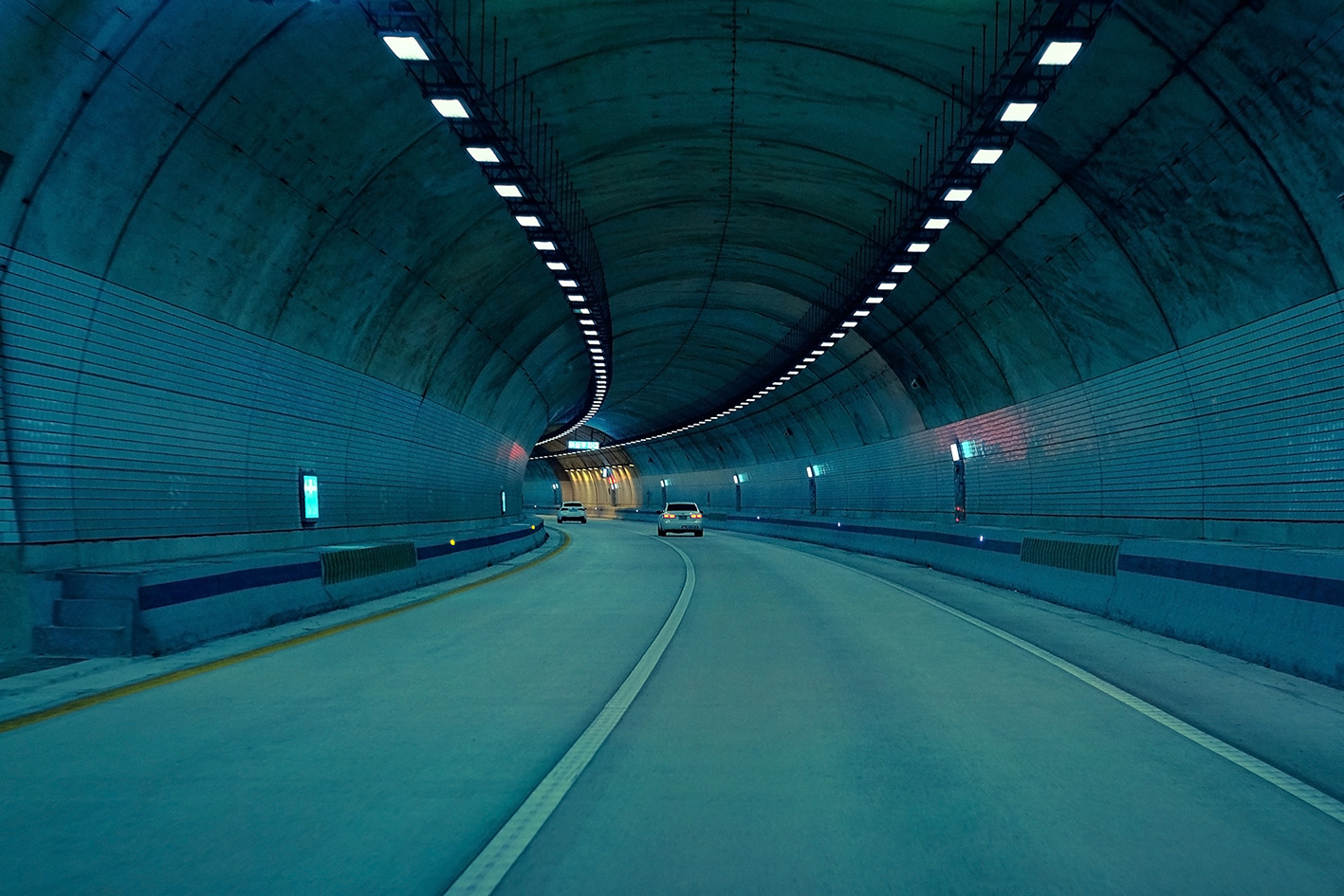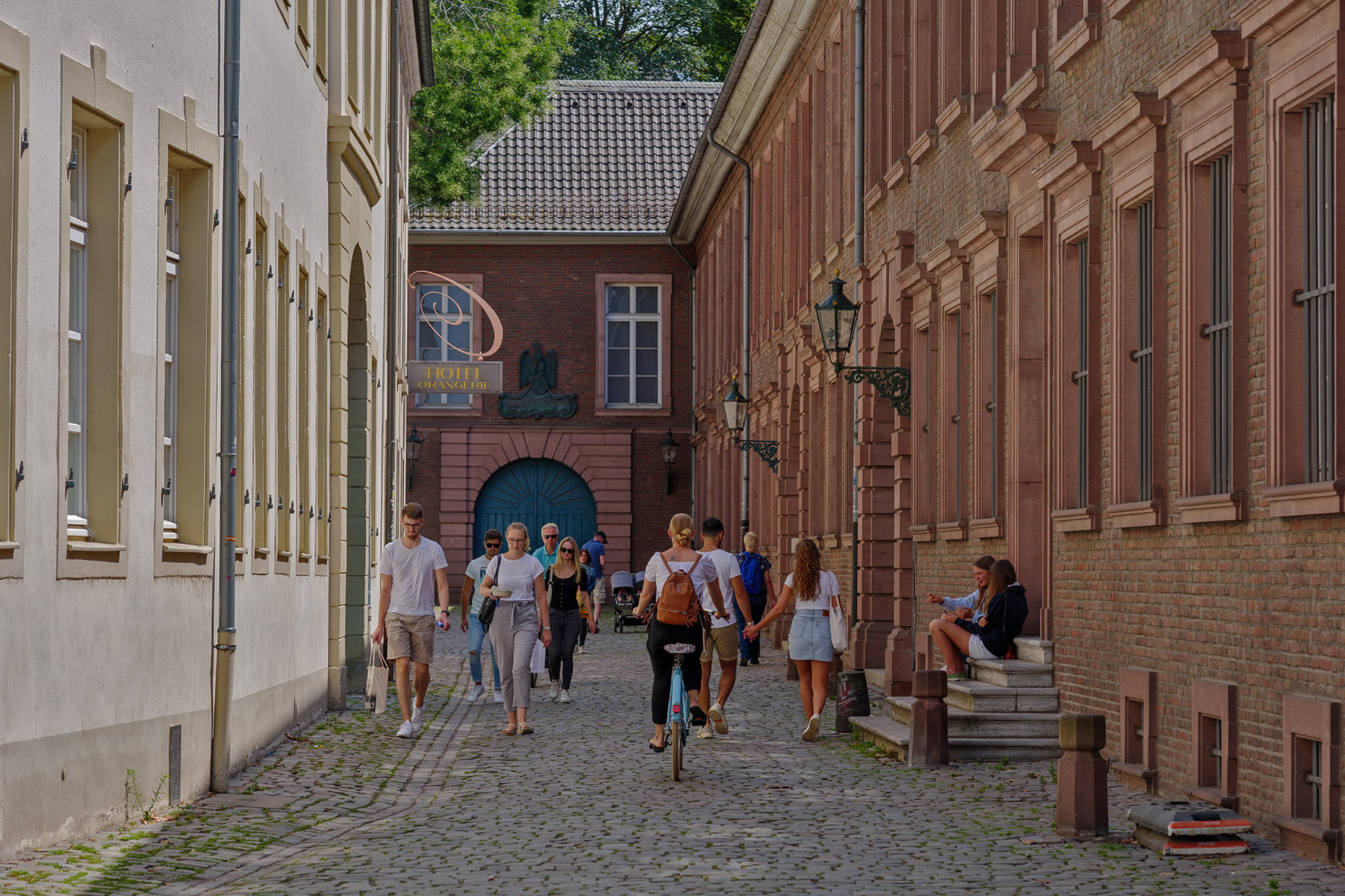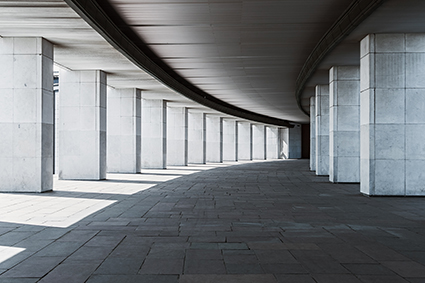The freedom to choose religious education
There has always been a link between religion and education in Denmark. Nevertheless, the importance of religion in the Danish educational system has been declining.
This article is part of our series on the role of religion in education across Europe.
Christianity as central but secular
The Danish school system was established as a result of the country becoming a Christian state. In this way, there has always been a link between religion and education in Denmark. Back in the early 1500s, Denmark’s school system consisted of Latin schools where children would learn about the Bible. This changed radically after the Reformation, when the school system started focusing more on the individual and teaching in Danish rather than in Latin.[1]
Since then, religion has played less and less of an important role in the Danish educational system. In 1975, it was approved that parents could opt their children out of Christianity lessons if they wished to.[2] In the Danish public school system, ‘Christianity’ is an obligatory subject unless you opt your children out of the class. Some schools choose to call the subject ‘Religion’. Though the subject is still officially known as ‘Christianity’ and follows the Lutheran tradition,[3] it focuses on teaching about a diverse set of religions. Yet, considering Denmark is still officially a Christian country, the central focus of the subject is on Christianity. Religion is also an obligatory subject in ‘gymnasium’, however, in such schools, the same focus on Christianity does not exist.[4]
Confirmation as a central ritual
The focus on religion and Christianity in the public Danish education system is an overall secular, informative, and pluralistic one. It is also very normal to be confirmed in Denmark (in 2019, 68.3% of Danish young people were confirmed), and this happens through a collaboration between Danish schools and churches.[5] Confirmation is a Christian ritual where people confirm their christening from when they were a child and thus choose to remain in the Danish folk church.[6] Even though confirmation is a Christian ritual, it bears mostly cultural significance in Denmark as a ‘rite of passage’ from childhood to adulthood, rather than bearing strong religious symbolism.[7]
Political divides in Denmark
Currently, the main debate in Denmark is between more nationalist right-wing parties and more left-wing parties. Right-wing parties seek to strengthen Christianity lessons in Danish public schools and prohibit parents from the right to remove their children from the subject. In contrast, left-wing parties aim to change faith lessons to lessons that are more about ‘life philosophies’ and have less of a focus on religion in the educational system.[8]
Most parties additionally want to change the name from ‘Christianity lessons’ to ‘Religion’ in Danish public schools, so that children will learn about a variety of religions rather than just Christianity. The right-wing Danish folk party, however, is against this.[9] They also argue that Christianity lessons should be placed at the same level of importance as subjects such as geography and history. They believe that replacing Christianity lessons with ‘Religion’ will make Denmark more multicultural and harm Danish culture and tradition.[10]
Freedom of religion as part of the education system
In Denmark, there are many faith schools that belong to different religious communities, including Christianity, Islam, Judaism, and Scientology.[11] The protection of faith schools is a fundamental part of the Danish education system,[12] as long as they adhere to democratic and Danish values. Some of the faith schools are currently being investigated by the Danish government, as it is suspected that they might be operating in undemocratic ways, for instance by using religion as an excuse to separate children by gender in class. Faith schools across a variety of religions are being investigated, and there is therefore no suggestion that this investigation is discriminatory against a specific religious community.[13]
The focus on letting faith schools be a central part of the public education system distinguishes Denmark from the other Scandiniavian countries that either have a focus on secularisation or Christianity.[14] Though some faith schools receive a lot of critique from some parts of society, such as the Danish Folk Party which negatively targets Muslim schools,[15] the dynamic religious landscape of the Danish education system is a part of the Danish values and part of generating trust in Danish society.
Our team of analysts conducts research on topics relating to religion and society. In April, May and June 2021, we are focusing on the subject of education. Find out more on the EARS Dashboard.
[2] Historisk overblik over religion i de danske skoler
[4] Religion på de gymnasiale uddannelser | UddannelsesGuiden
[7] Konfirmation i kristendommen
[8] Nordisk Balancegang om Religionsundervisning.
[9] Nordisk Balancegang om Religionsundervisning.
[11] Official Church of Scientology: What is Scientology?
[12] Retsinformation friskoler
[13] Otte ud af ni friskoler under nyt tilsyn er religiøse
[14] Nordisk balancegang om religionsundervisning
[15] Dansk Folkeparti vil kriminalisere det lokale engagement






